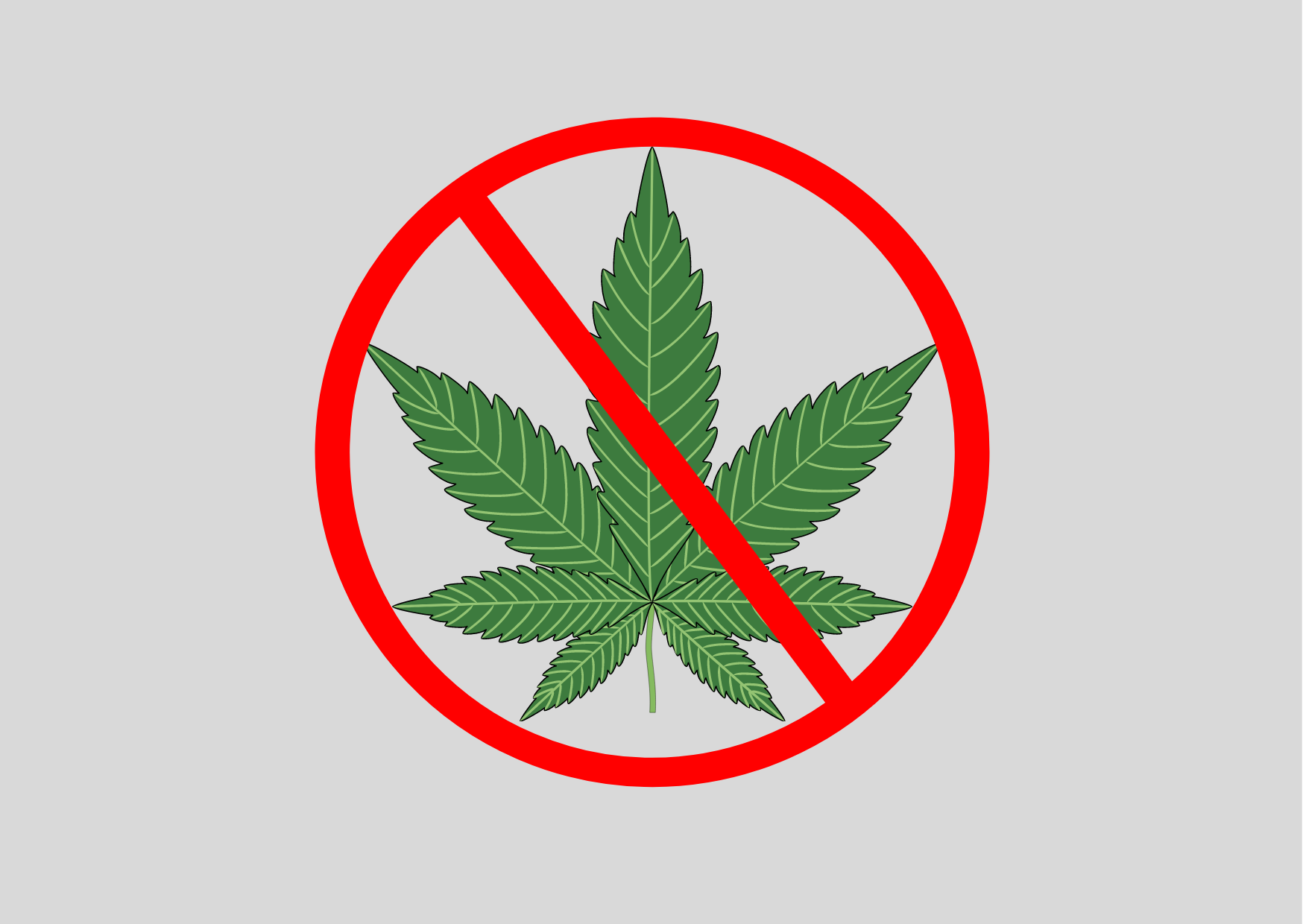
The United Nations’ stance on cannabis is changing – and not in favor of the cannabis industry
The UN has called for a worldwide ban on cannabis advertising, which is creating confusion in countries with thriving legal industries.
Last month, the United Nations Office on Crime and Drugs released its World Drugs Report 2021 calling for a comprehensive ban on the advertising, promotion or sponsorship of cannabis to ensure that public health interests prevail over business interests.
The report argued that a ban was necessary due to adolescents’ increasing potency and belief that cannabis is not harmful, claiming that “cannabis use has been linked to a variety of health and other harms”.
“Aggressive marketing of cannabis products with high THC content by private companies and advertising via social media channels; can make the problem worse, ”the UN officials wrote in their report.
Industry leaders aren’t particularly surprised
Deepak Anand, CEO of Materia Ventures and one of the longest-running commentators in the Canadian industry on the international cannabis business, said he was not surprised by the report.
However, after years of tough support for the cannabis ban, the UN has shown that its stance on cannabis has gradually waned over the past year.

In December, the UN Narcotics Commission (with 53 member states) voted to remove cannabis from Appendix IV of the 1961 Single Convention on Narcotic Drugs (CND), signaling to the body that cannabis is no longer as dangerous as heroin.
Though largely dismissed as a symbolic victory, it nonetheless promised future tectonic changes in the UN’s stance on cannabis.
For those who expect the UN vote to bring about swift changes, Anand suggests caution. “It wasn’t exactly a unanimous vote – it was narrowly passed, with one country moving it forward.”
“The legalization of cannabis in Canada and a number of other countries since then for both medical and recreational uses has clearly sparked a movement on the part of the UN.”
Not all UN members want to ban cannabis
There are signs that many at the United Nations are ready to encourage this movement to continue. Anand notes that several member states within the Narcotics Commission are pragmatic about legalization and that the UN view of cannabis as more dangerous than alcohol or tobacco is fundamentally unreasonable.
“Unfortunately, the UN, and especially the CND, are more likely to pursue a consensus approach than a voting approach,” explains Anand.
“They vote on certain things, but generally they try to get consensus on issues. And that is definitely a topic that you will not find consensus on [ardently anti-drug] Countries like Russia and China – they will be diametrically opposed, ”says Anand.
Canadian legalization has shifted the status quo
Canada leads the world as the first G7 nation to nationally legalize recreational cannabis use by adults. Anand says Canadian legalization “led the UN to recognize this as an issue to deal with now or later.”
Canada already has some strict regulations on cannabis advertising. Retail stores are similar to adult paraphernalia stores, with windows shaded to keep products out of the street. Celebrity support, sponsorship, and any type of promotional promotion are largely limited.
Even before Canadian legalization, there were discussions about the decriminalization of cannabis at the state level in various US territories, while other G7 countries are also warming to the idea. For Anand, this means that the UN “recognizes that this is a problem that can no longer be postponed”.
He recognizes the increasing acceptance of medical cannabis in many UN states as another important pressure on the UN to modernize its position.
This pressure is necessary.
By submitting this form, you subscribe to Leafly news and promotional emails and agree to Leafly’s Terms of Use and Privacy Policy. You can unsubscribe from Leafly email messages at any time.

Post a comment: